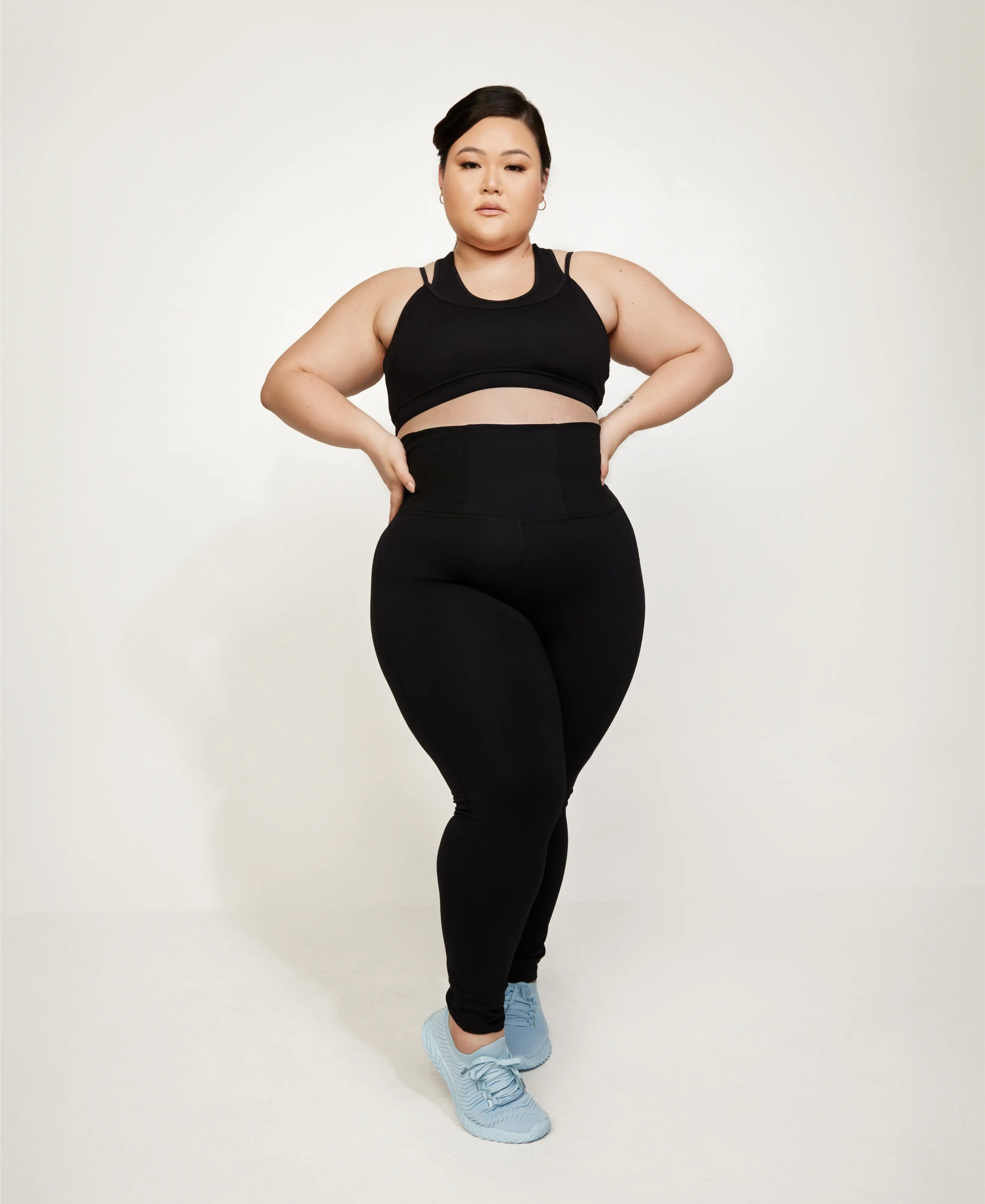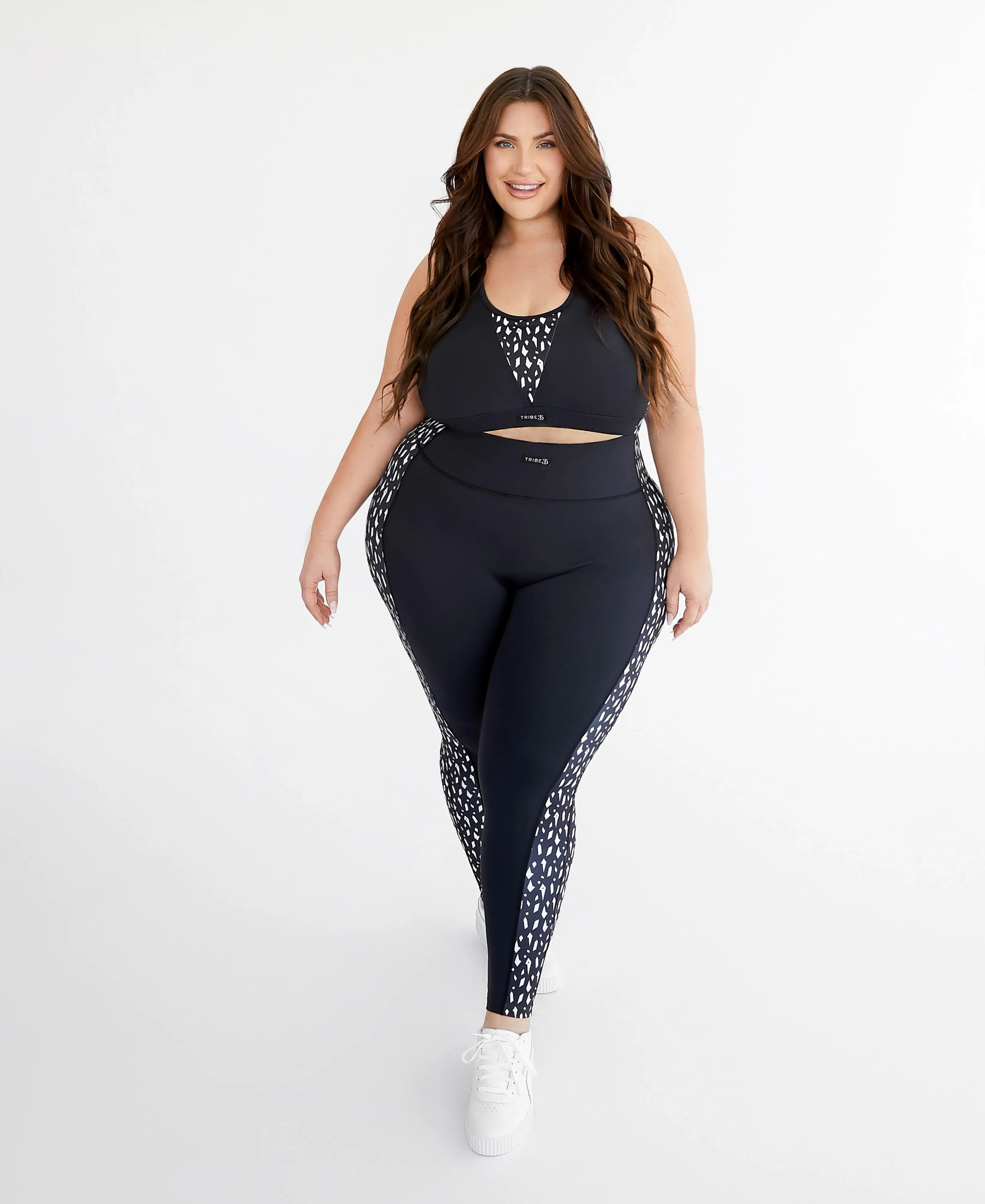“I’ve had it!!!” goes that little voice in your head or that loud voice everyone can hear, what seems like every day before you get in bed to sleep only to toss and turn. Your life condition is low, but it doesn’t have to stay there. Self care is about total wellness.
During the cold winter, the feeling of depression seems to sink deeper, and there’s a reason for this. Our bodies use sunlight to keep our sleep, appetites, and moods stable. When our access to sunlight is reduced, our body clocks are disrupted and we feel tired and eventually, depressed. However, this is called Seasonal Affective Disorder (SAD). Depression is experienced year round, no matter the weather or circumstances.
Something that depresses us is the continued lack of mainstream media coverage for plus size fashion, but feeling depressed and having depression are also two different things. We all have something that we do not like about ourselves, and past, present, and future situations that are stressful. Sometimes, all it takes is one word or look or circumstance to take us over the edge.
Depression affects 4.7% of adults aged 18 and over in the United States, that percentage numerically is 8.5 million people - you are not alone. It is NORMAL to ask for help. Here are some signals that you need to seek outside help:
- You cannot see the light. No matter what plans are made, who you’re going to dinner with this weekend, or what thoughtful art project your children brought home for you. Activities that used to excite you and trips that you would have normally looked forward to taking, just aren’t doing it for you anymore.
- Feelings of happiness are quickly overshadowed by negativity. You are quick to pick apart a normal situation to find something wrong. You feel hopeless, like there is no solution.
- Tired isn’t a strong enough word for how you’re feeling. If you’re naturally a “morning person” and all of the sudden over a period of time it is hard for you to get out of bed in the morning, it is a signal. If you regularly wake in the middle of the night with racing thoughts and find it difficult to go back to sleep, it is a signal.
- You feel like hiding under a rock. We’re not talking about the desire for a few hours alone. If you feel like you’re wanting to completely disappear from friends, family, work, home for the unforeseeable future, you are running on a search for “help”.
- Emotions run rampant. It is very healthy and natural to cry, and we encourage it. You have to have a regular release of feelings from your body. If you are ready to burst into tears at even the thought of a trigger, this is different. If you are crying every morning before work, or every night before sleep, this is your body signaling its need for help.
- Exercise is not a priority anymore. Your perfect pair of plus size leggings just sit in your drawer, unworn for months or years. What is so saddening when this happens is that exercise is the most natural cure to feelings of sadness and depression, and it is free. When we exercise, our bodies release endorphins, and we get a “natural high” and the perception of pain is reduced. You are reducing your perception of emotional pain as well!
If you are battling depression, please know that you will get through it; you are not alone. Do not take depression lightly as it is a serious mental illness. Mental Health America has a free, confidential Depression Test that you can take to share with your physician or healthcare provider to get the treatment you deserve and need.
The Substance Abuse and Mental Health Services Administration (SAMHSA) has a national helpline that is confidential, free, and 24/7 someone will answer your call 365 days of the year. SAMHSA provides a list of local treatment facilities, support groups, and community-based organizations.
When we interact with others, our feelings of loneliness disappear. Remember that the groups that are recommended for you do not make you weak for needing them, they make you strong for attending.
Try getting out of your comfort zone and make your interactions with others in passing a little more involved. Not sure what we mean? Here are two examples of interactions when you have a low life condition vs. a high life condition.
You are in line at the grocery store.
Scenario A
Woman Behind You: Oh wow! Those are some cute leggings! Where did you get them if you don’t mind me asking?
You: Thanks, got it from Tribe 35.
You checkout and leave the store.
Scenario B
Woman Behind You: Oh wow! Those are some cute leggings! Where did you get them if you don’t mind me asking?
You: Thank you! I got it from Tribe 35. They just launched a bunch of cute designs for curves and they specialize in plus size leggings, it’s worth a look.
Woman Behind You: I’ve been looking for good plus size leggings. I actually was shopping for some with my sister last month, and it was the last time we were together before she passed away.
You: I am so sorry for your loss. I recently lost someone close to me as well.
You exchange phone numbers, make a plan for coffee, and now have a new associate that could turn into a friend. You didn’t even get a chance to go negative mentally, because you made a genuine connection with another person in a similar situation and stayed present.
What did you think of the two scenarios? Did you see the light? Please share in the comments below.
If you know of someone who may benefit from this information, please share.




